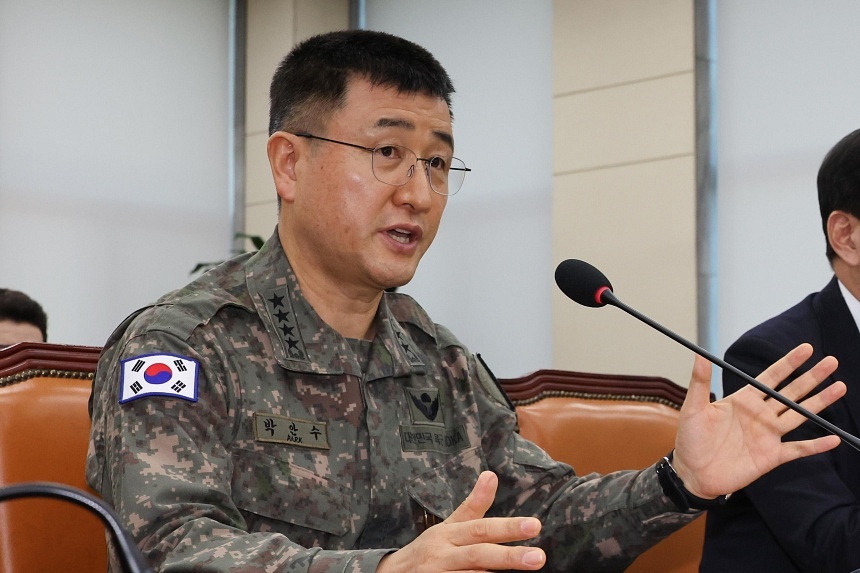The United Nations General Assembly overwhelmingly passed on Wednesday a resolution demanding an immediate, unconditional and permanent ceasefire in the devastated Gaza Strip.
The ongoing war in the enclave has dragged on for over a year and has so far killed over 44,000 people, according to local officials.
Resolution urges 'immediate, unconditional and permanent ceasefire'
One hundred and fifty-eight members voted in favor of the resolution, nine voted against, with 13 abstentions.
The text urged "an immediate, unconditional and permanent ceasefire," and "the immediate and unconditional release of all hostages" — wording similar to a text vetoed by Washington in the Security Council last month.
The General Assembly also approved another resolution which provides backing for the UN's agency for Palestinian refugees (UNRWA), which Israel has been vehemently at odds with since the start of the war.
The resolution deplored a new law that will ban the agency's operations in Israel starting late January. It demanded that Israel respect UNRWA's mandate and "enable its operations to proceed without impediment or restriction."
That resolution passed with 159 votes in favor. The US, Israel, and seven other countries voted against it, while 11 others abstained.
Representatives of UN member states made addresses before the vote, offering support to Palestinians.
Palestinian UN envoy Riyad Mansour described Gaza as the "open, painful wound for the human family."
"Gaza doesn't exist anymore. It is destroyed," said Slovenia's UN envoy Samuel Zbogar. "History is the harshest critic of inaction."
Algeria's deputy UN ambassador Nacim Gaouaoui said: "The price of silence and failure in the face of the Palestinian tragedy is a very heavy price, and it will be heavier tomorrow."
Why is UNRWA aid agency so important to Palestinians?
US and Israel reject resolution
The ceasefire resolution is considered a symbolic gesture, as it is rejected by both the United States and Israel, and also since the General Assembly resolutions are not legally binding.
The political weight of the resolution, however, comes from its reflection of the global opinion on the 14-month war. Israel launched the war after Hamas-led militants launched a terror attack on southern Israel on October 7, 2023, in which 1,200 people were killed and around 250 were taken hostage.
The US insists on making a ceasefire conditional on the release of all hostages in Gaza, saying that otherwise, Hamas has no incentive to free those it still currently holds.
Deputy US Ambassador Robert Wood said it would be "shameful and wrong" to adopt the text.
"The resolutions before the assembly today are beyond logic," Israel's UN envoy Danny Danon said ahead of the vote. "The vote today is not a vote for compassion. It is a vote for complicity."
kb/rmt (Reuters, AP, AFP)

 By Deutsche Welle (World News) | Created at 2024-12-12 02:01:16 | Updated at 2024-12-12 04:44:58
3 hours ago
By Deutsche Welle (World News) | Created at 2024-12-12 02:01:16 | Updated at 2024-12-12 04:44:58
3 hours ago








